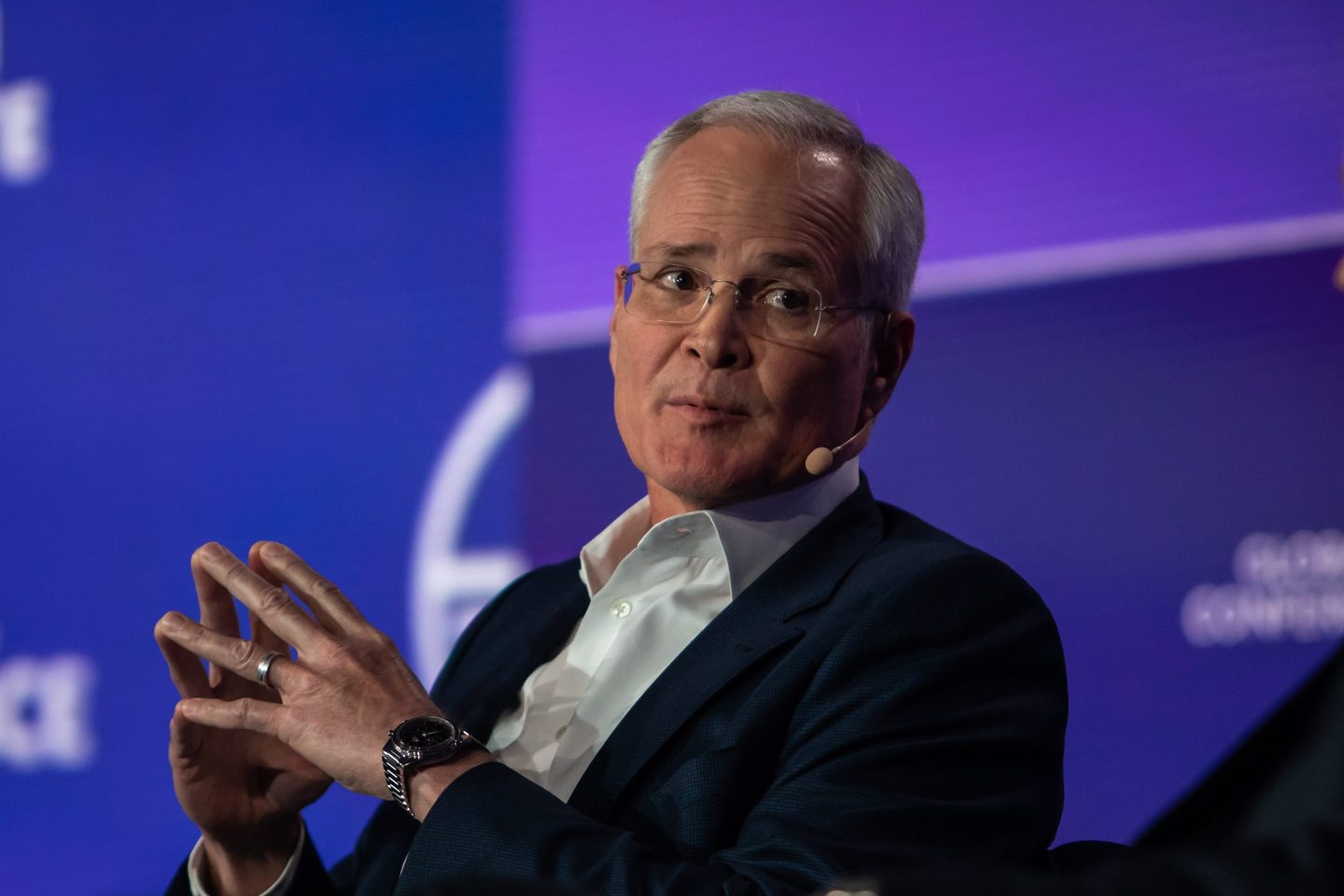We have seen news story after new story highlighting the disconnect between what we spend on healthcare in the U.S. and what we get for that $3.3 trillion and change—particularly compared with other developed countries. The so-called “value proposition” for Americans in this regard hasn’t exactly been stellar. Access to care is neither even nor fair, we overtreat, often overcomplicate that treatment, and spend way too much for the drugs and hospital care we do receive. But through all the exposés and data dumps of our broken healthcare system—and FORTUNE has been proud to offer a lot of them—there has been one defensive refrain: “Sure, we pay too much for our meds, but at least we have them when we need them.”
Subscribe to Brainstorm Health Daily, our newsletter about the most exciting health innovations.
Well, no more. As FORTUNE’s Erika Fry reports in a stunning, deeply reported, and frankly “Holy $%&@, I can’t believe this” feature for the June issue of the magazine, we’re running desperately short of scores of critically important medicines in this country. Or make that hundreds of medicines—there are 202 currently on the drug shortage list. They range from anti-pain and anti-nausea drugs to even elemental components of clinical care such as saline solution and sodium bicarbonate, the latter of which is used in heart surgeries and to help patients with kidney failure. Drugs in frighteningly short supply include those that treat rapid heart rate and ease pregnant women through difficult labors. It’s remarkably basic stuff—the staples of modern medicine. And shockingly, this “emergency waiting to be a disaster,” as one hospital pharmacist calls it, can be tied largely to a single company: Pfizer.
That said, the reasons for this crisis go well beyond a single company’s failings, as Erika explains. And so, ultimately, does the solution. Read “Critical Condition: Inside Pfizer’s Drug Problem,” which went online on Fortune.com yesterday. It is a truly terrific piece of reporting—and an important story too.











